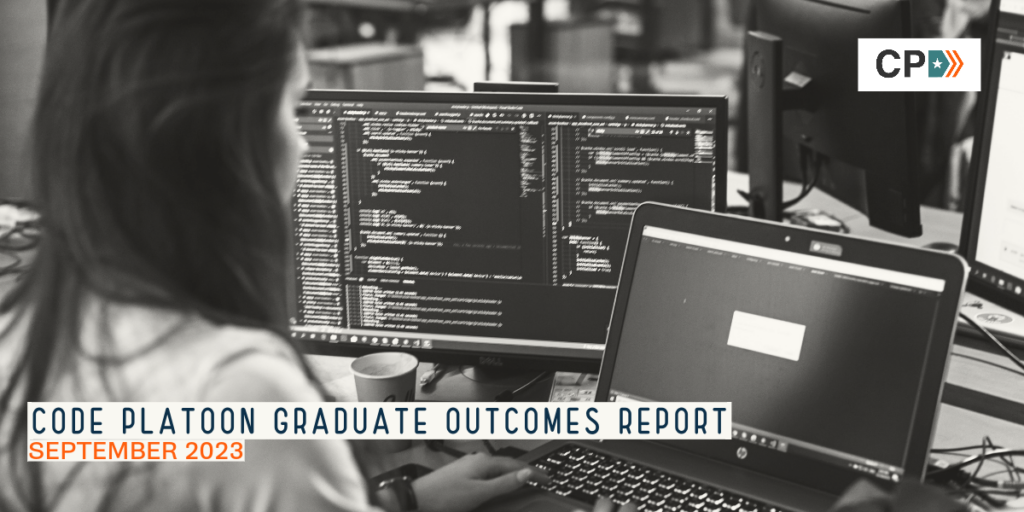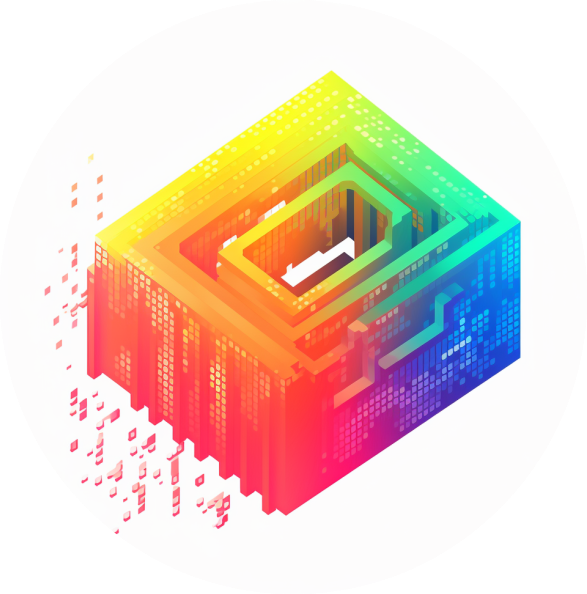In the world of coding, the journey from novice to ninja can be both thrilling and challenging for beginners. Stepping into this new realm may initially seem overwhelming, but with the right tips and strategies, anyone can overcome coding challenges and become an expert in their craft. In this article, we will explore essential tips that are tailored specifically for beginners, providing them with the tools and knowledge needed to navigate the coding landscape with confidence and proficiency. Whether you are just starting out or looking to enhance your coding skills, this article is a must-read for aspiring programmers.
From Novice to Ninja: Essential Tips for Solving Coding Challenges for Beginners

Start with the Basics
Every coding journey begins with the basics. As a beginner, it is important to start with a simple programming language that is beginner-friendly. This will help you grasp the fundamentals without feeling overwhelmed. Take the time to learn and understand the syntax of the language you choose. Syntax refers to the set of rules that dictate how programs in that language must be written. Learning and practicing the syntax is essential for coding success.
One of the first concepts to master is understanding variables. Variables are containers that store data in a program. They can hold different types of data such as numbers, text, or Boolean values. It is important to understand how variables work and how to manipulate them.
Another essential basic concept is loops. Loops allow you to repeat a block of code multiple times. There are different types of loops, such as for loops and while loops. Practice using loops to perform repetitive tasks and iterate over data.
Lastly, practice outputting data. Outputting data refers to displaying information on the screen or in the console. This can be done using the print function in many programming languages. Practicing outputting data will help you verify if your code is running correctly and see the results of your program.
Understand Data Types
Once you have a good grasp of the basics, it is important to understand different data types. Data types define the kind of data that can be stored and manipulated in a program. Common data types include integers, floating-point numbers, strings, Booleans, and more.
It is crucial to understand variable declarations. Variable declarations involve specifying the data type and name of a variable before it can be used. This step helps the computer allocate memory for the variable.
Practice type conversion, which involves changing the data type of a variable. It is important to be able to convert data types when necessary, such as converting a string to an integer.
Consider edge cases when dealing with data types. Edge cases refer to scenarios that are at the extreme ends of what is normally considered. For example, handling large numbers or empty strings requires special attention.
Master Control Structures
Control structures are used to control the flow of a program. They allow you to make decisions and perform different actions based on certain conditions. One of the most commonly used control structures is the if-else statement. This statement allows you to execute different blocks of code based on a condition.
Another important control structure is the switch statement. The switch statement allows you to choose between multiple options based on the value of an expression. It can be a more efficient way to handle multiple if-else statements.
Practice using different types of loops, such as for loops and while loops. Loops are control structures that allow you to repeat a block of code. They are useful when you need to perform a task multiple times.
Get comfortable with conditional statements. Conditional statements are used to perform different actions based on specific conditions. They can be nested within each other to create more complex conditions.
Utilize Functions
Functions are reusable blocks of code that perform a specific task. They help organize code, make it more modular, and improve code reusability. Learning how to define and call functions is essential for solving coding challenges.
Practice passing arguments to functions. Arguments allow you to pass data to a function, which can then be used within the function’s code. This allows for more dynamic and flexible code.
Understand return statements. Return statements are used to return a value from a function. It is important to understand how to use return statements to retrieve and use the output of a function.
Utilize built-in functions. Programming languages often come with a set of built-in functions that perform common tasks, such as sorting or calculating mathematical operations. Familiarize yourself with these functions and learn how to utilize them in your code.

Handle Errors Gracefully
Errors are bound to happen during coding, and it is important to handle them gracefully. Learn about common error types, such as syntax errors or runtime errors. Understanding the types of errors that can occur will help you troubleshoot and fix them more effectively.
Practice error handling techniques. This involves using try-catch blocks or exception handling mechanisms to catch and handle errors. By handling errors properly, you can prevent your program from crashing and provide more meaningful feedback to users.
Utilize debugging tools. Debugging tools, such as debuggers or logging statements, help you identify and solve issues in your code. These tools allow you to step through your code, track variable values, and identify where the problem lies.
Get comfortable with debugging processes. Debugging is a skill that requires patience and systematic problem-solving. Learn how to identify and isolate bugs, use debugging tools effectively, and fix the issues.
Practice Debugging
Debugging is an essential skill for every programmer. Learn how to identify and fix bugs in your code. Bugs can be caused by syntax errors, logical errors, or incorrect use of functions or variables. With practice, you will become better at spotting and resolving bugs in your code.
Utilize debugging tools. Debugging tools, such as integrated development environments (IDEs) or text editors, often come with built-in debugging features. These tools allow you to step through your code, set breakpoints, and analyze the state of your program.
Practice step-by-step debugging. Step-by-step debugging involves running your program line by line to understand how it executes and identify any issues. This methodical approach can help you uncover hidden bugs and understand the flow of your program better.
Learn from other programmers’ debugging experiences. Join coding communities and forums to learn from others’ experiences. By reading about how other programmers have debugged and solved coding challenges, you can gain valuable insights and techniques.

Learn and Use Algorithms
Algorithms are step-by-step procedures used to solve problems or perform a specific task. Understanding the importance of algorithms is crucial for solving coding challenges efficiently. Algorithms help you devise efficient solutions and optimize your code.
Learn sorting and searching algorithms. Sorting algorithms are used to arrange data in a specific order, while searching algorithms help locate a specific item in a collection of data. These algorithms are fundamental to problem-solving and are commonly used in coding challenges.
Practice algorithmic problem-solving. This involves breaking down problems into smaller, more manageable steps and designing algorithms to solve them. By practicing algorithmic problem-solving, you can sharpen your analytical thinking skills and develop efficient solutions.
Utilize algorithm libraries. Many programming languages have built-in libraries or modules that provide pre-built algorithms for common tasks. Familiarize yourself with these libraries and learn how to utilize them to solve coding challenges more efficiently.
Utilize Data Structures
Data structures are containers used to store and organize data. Learning about different data structures is essential for solving coding challenges. Different data structures have different strengths and weaknesses, and understanding when and how to use them can greatly improve your coding skills.
Learn about different data structures, such as arrays, linked lists, stacks, queues, and trees. Each data structure has its own unique characteristics and use cases. Understanding how they work and when to use them will help you solve coding challenges more effectively.
Practice implementing data structures. Implementing data structures involves writing code to create, manipulate, and perform operations on the data structure. By practicing implementation, you will gain a deeper understanding of how data structures work and how to use them in your code.
Understand data structure operations. Each data structure has specific operations that can be performed on it, such as adding or removing elements, searching for specific values, or iterating over the elements. It is important to understand these operations and how to use them efficiently.
Utilize data structure libraries. Similar to algorithm libraries, many programming languages have built-in libraries or modules that provide pre-built data structures. Familiarize yourself with these libraries and learn to use them effectively in your code.

Stay Updated with Best Practices
The field of coding is constantly evolving, and it is important to stay updated with best practices. Best practices refer to the recommended and most effective ways of writing code. By following best practices, you can write cleaner, more efficient, and more maintainable code.
Keep up-to-date with the latest programming languages and frameworks. New programming languages and frameworks are constantly emerging, and staying updated with these trends can help you write code using the latest and most efficient tools.
Read coding blogs and articles. Many experienced programmers and industry experts share their knowledge and insights through blogs and articles. By reading these resources, you can learn from their experiences and stay updated with industry practices.
Join coding communities and forums. Coding communities and forums are great platforms to connect with fellow programmers, ask questions, and share knowledge. By actively participating in these communities, you can learn from others and stay updated with the latest coding trends.
Attend coding conferences and workshops. Coding conferences and workshops provide opportunities to learn from experts, network with other developers, and stay updated with the latest advancements in the field. Take advantage of these events to expand your knowledge and skills.
Join Coding Communities and Forums
Connecting with fellow programmers is invaluable for a beginner. By joining coding communities and forums, you can gain support, learn from experienced programmers, and stay motivated in your coding journey.
Participate in coding challenges. Coding challenges are a fun and engaging way to practice your coding skills and test your problem-solving abilities. Many coding communities and platforms offer coding challenges for beginners to advanced programmers. Participate in these challenges to sharpen your skills and learn from others.
Ask for help and guidance. Coding communities and forums are filled with experienced programmers who are willing to help and provide guidance. Don’t hesitate to ask questions when you are stuck or need clarification. Remember, everyone was a beginner once.
Share your knowledge and experience. As you progress in your coding journey, don’t forget to give back to the coding community. Share your knowledge, experiences, and insights with others. By sharing, you not only help others but also solidify your own understanding of coding concepts.
In conclusion, solving coding challenges requires a combination of foundational knowledge, practice, and continuous learning. By starting with the basics, understanding data types, mastering control structures, utilizing functions, handling errors gracefully, practicing debugging, learning and using algorithms, utilizing data structures, staying updated with best practices, and joining coding communities and forums, beginners can steadily progress from novice to ninja in their coding skills. Happy coding!

